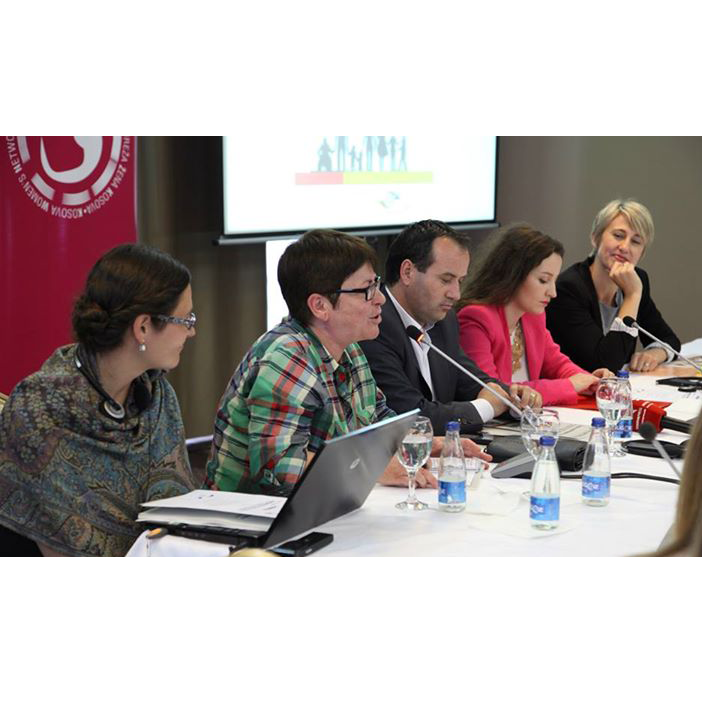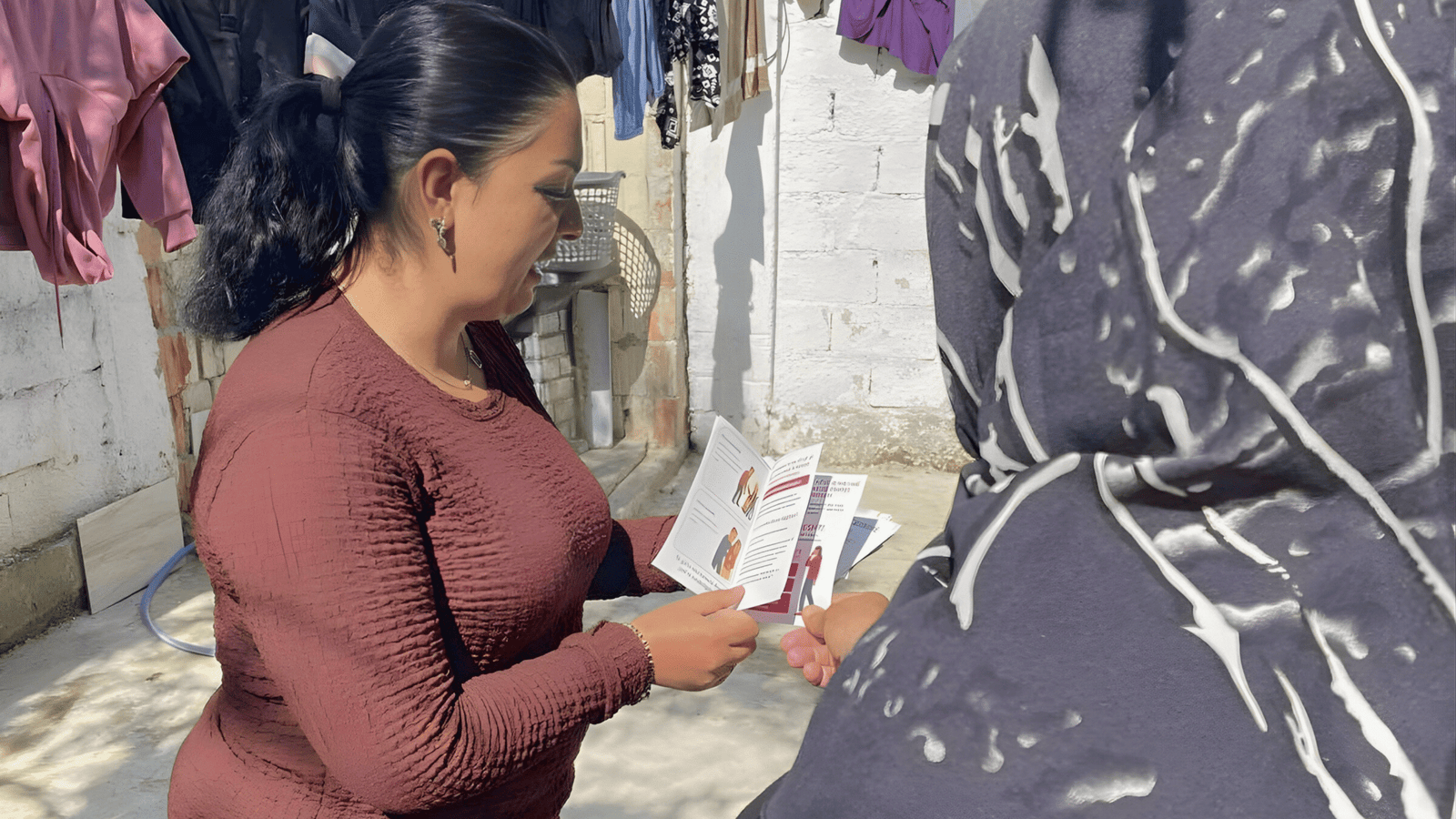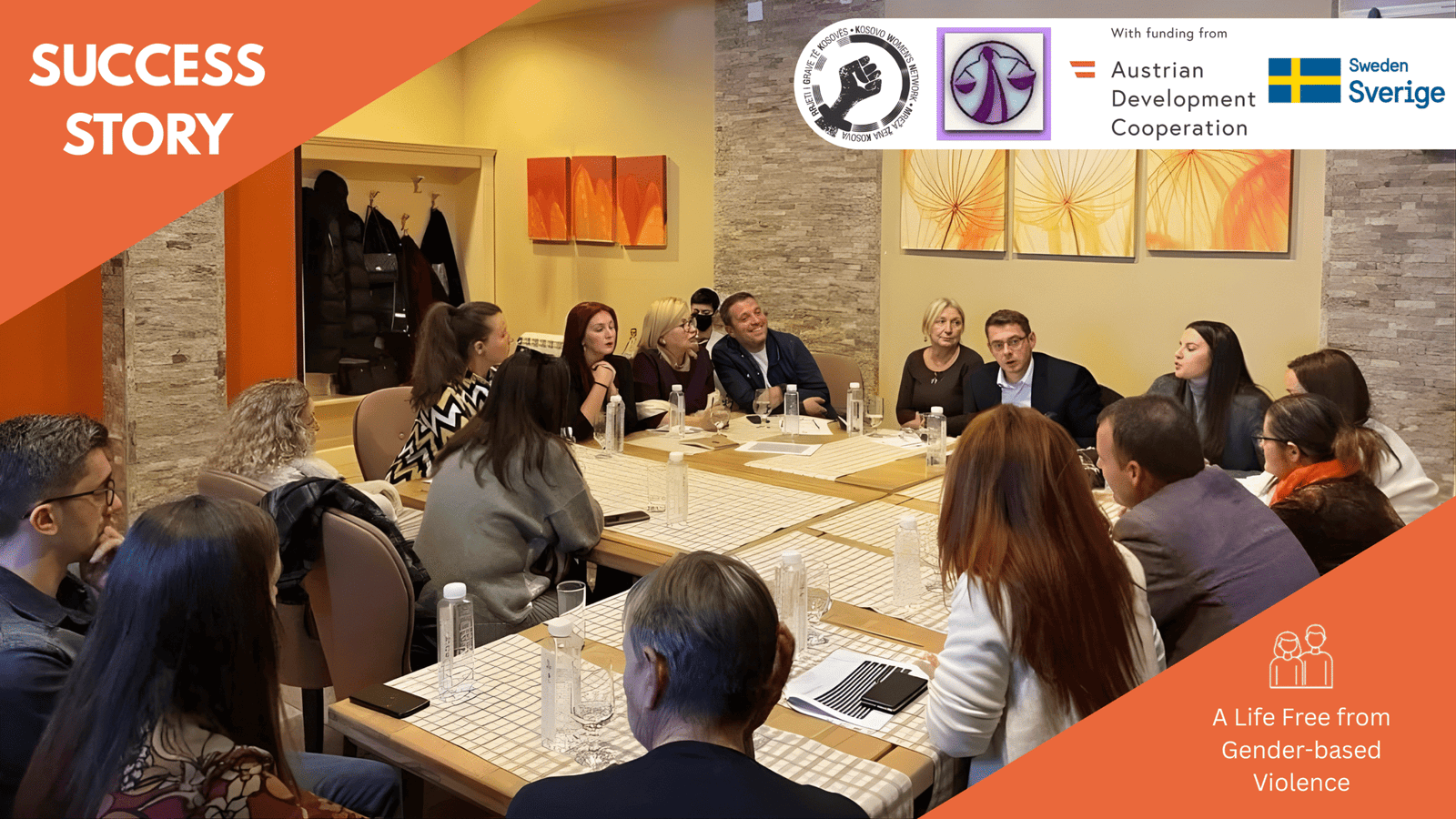The Kosova Women’s Network (KWN), the Ministry of Labour and Social Welfare (MLSW) and Deutsche Gesellschaft für Internationale Zusammenarbeit (GIZ) GmbH officially launched a ground-breaking new report entitled Budgeting for Social Welfare: A Rapid Gender Analysis to Inform Gender Responsive Budgeting in the Ministry of Labour and Social Welfare.
The report was written by KWN in close collaboration with MLSW and supported by GIZ. The report utilizes a simple approach to gender responsive budgeting that involved analysing records maintained by MLSW departments and divisions from 2011-2014 from a gender perspective, and then using the findings to identify specific indicators and activities that can be integrated into budget documents for 2015- 2017.
“The presentation of this report was very appropriate and necessary for citizens and representatives of institutions because people think that the budget is something untouchable. However, this report made it tangible,” said Dea Pallaska O’Shaughnessy, a participant at the launching. “It clarified the ‘numbers’ allocated for men and women.”
- The social assistance budget line is unnecessarily limited. Social assistance as per the minimum basket of goods for an average family of four members, the funding gap in the budget is roughly €24,000,000.
- In 2013, men MLSW staff members’ salaries comprised 56% of the budget, whereas 44% of the budget went to women. Men tend to hold higher positions than women within the Ministry, which may impact the quality of services provided to women and men.
- Although women and men register as jobseekers in almost equivalent numbers, far more men (64%) are placed in jobs than women (34%).
- Men collected 89% of the basic contributory pension, whereas women received 11% in 2013.
- MLSW has not had sufficient funding for providing most social services in accordance with the legal framework.
The current Budget Circular and amendments proposed to the Law on Gender Equality both encourage gender responsive budgeting as part of Kosovo’s budget process. This report provides a concrete example of how gender responsive budgeting can be carried out within a ministry.
Although the report focuses on MLSW, it can serve as a useful example for other ministries, municipalities and interested actors on how concretely they can carry out gender responsive budgeting within their institutions.
“I think this discussion today is a good example that data analysis is done to start a discussion. It’s not an end in itself,” concluded Lukas Fischer from GIZ. He encouraged continued discussions within MLSW and with other stakeholders regarding the report’s findings and recommendations.







